In a move that’s stirring controversy across U.S. media and politics, ABC indefinitely suspended its late-night show “Jimmy Kimmel Live!” following comments made by Jimmy Kimmel about the assassination of conservative activist Charlie Kirk. Federal regulators under a Trump appointee played a central role in pushing for the suspension, focusing fresh attention on how political pressure is influencing content and media oversight.
What Led to the Suspension
- Jimmy Kimmel’s monologue criticized the way conservative circles were reacting to Charlie Kirk’s killing, suggesting that allies of Kirk were using the tragedy to “score political points.”
- The Federal Communications Commission (FCC), led by a Trump appointee, Brendan Carr, responded sharply—threatening license revocation or fines for broadcasters that continued airing content deemed objectionable.
- Several major ABC affiliate groups, including Nexstar and Sinclair, dropped the show from their schedules in response to the regulatory warnings and public uproar.
Political & Regulatory Fallout
- President Trump applauded the decision to pull Kimmel’s show, framing it as overdue action against what he claims to be unfair or hostile treatment of conservative viewpoints.
- Some Republican lawmakers, including Senator Ted Cruz, have surprisingly broken ranks, criticizing the FCC’s threatening posture as “dangerous” and likening it to coercive tactics.
- On the opposite side, many Democrats and free speech advocates warn this is a slippery slope. They say using regulatory bodies to pressure media outlets constitutes erosion of press freedom and could chill critical or dissenting voices.
What It Reveals About Media Power
- This case underlines the growing influence of federal regulators over not just what media companies can do, but what content they will permit themselves to produce in order to avoid penalties.
- It shows how media corporations are increasingly under pressure—financial, regulatory, political—to align or at least avoid content that could trigger punishment under the current landscape.
- Broadcasters and content creators may make more cautious choices about what goes on air, especially when topics are politically charged. The threat of license revocation or fines raises the stakes substantially.
Broader Implications
- Free Speech Risks: Critics argue that the suspension represents state pressure on speech that should be protected under the First Amendment. If regulators can penalize or silence broadcasters for content criticism, free expression suffers.
- Self-censorship: Even absent explicit orders, media outlets may increasingly self-censor to avoid confrontation with regulators or backlash from affiliate groups.
- Public Trust: Such incidents risk eroding trust—viewers who believe the media is silenced or unduly influenced by politics may feel their news and commentary are less genuine.
- Precedents for Regulation: The scenario may set precedent for how content regulation or threats of regulatory action are used in future to guide media behavior.
What to Watch Next
- Whether “Jimmy Kimmel Live!” returns and under what conditions. Will there be apologies, content changes, or statements meant to mollify regulators and affiliates?
- How ABC, Disney (its owner), and media companies at large respond—whether through legal challenges, public statements, or internal policy shifts.
- Whether there are similar actions against other shows or networks—especially ones critical of the administration.
- How public backlash plays out, including boycotts, viewer sentiment, and reactions from advertisers.

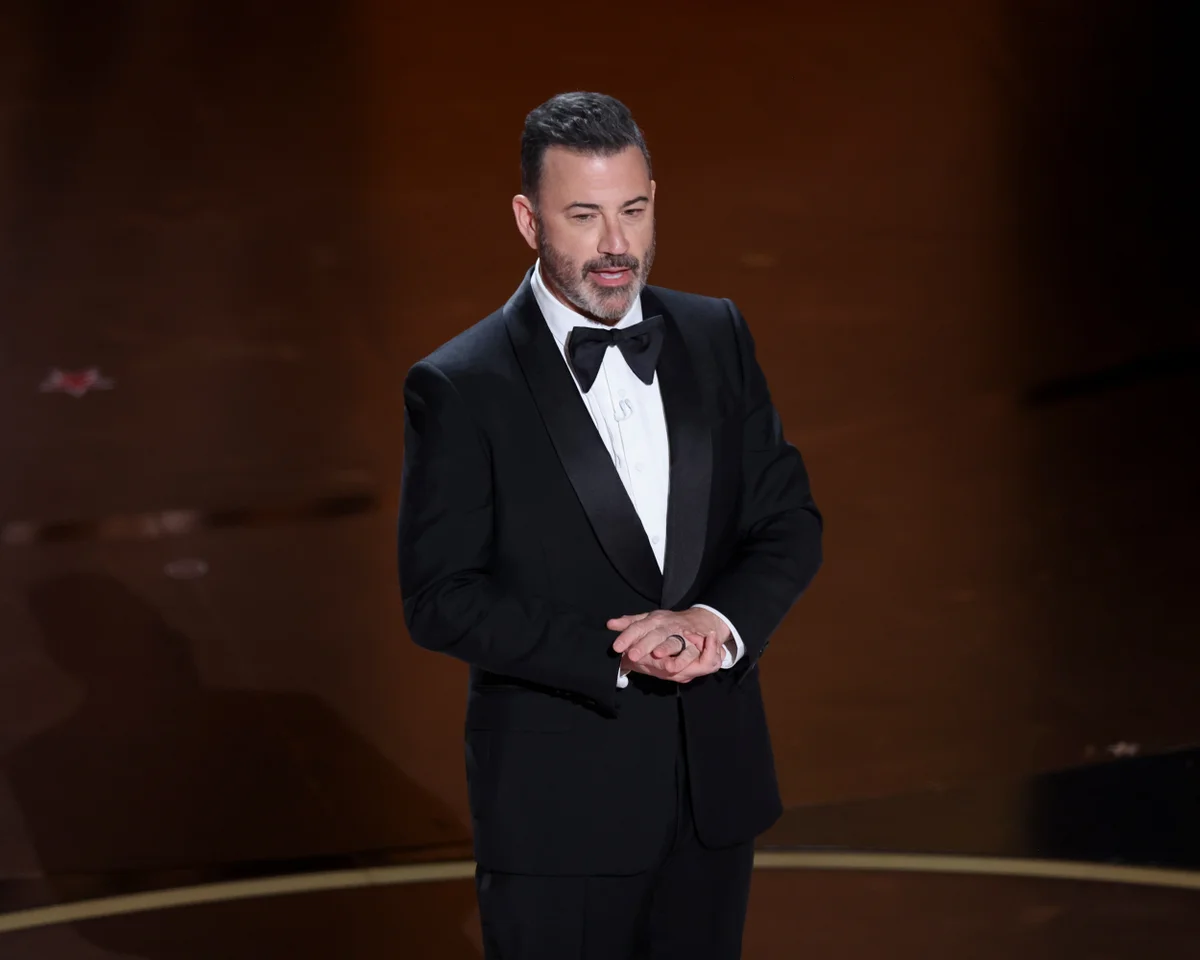
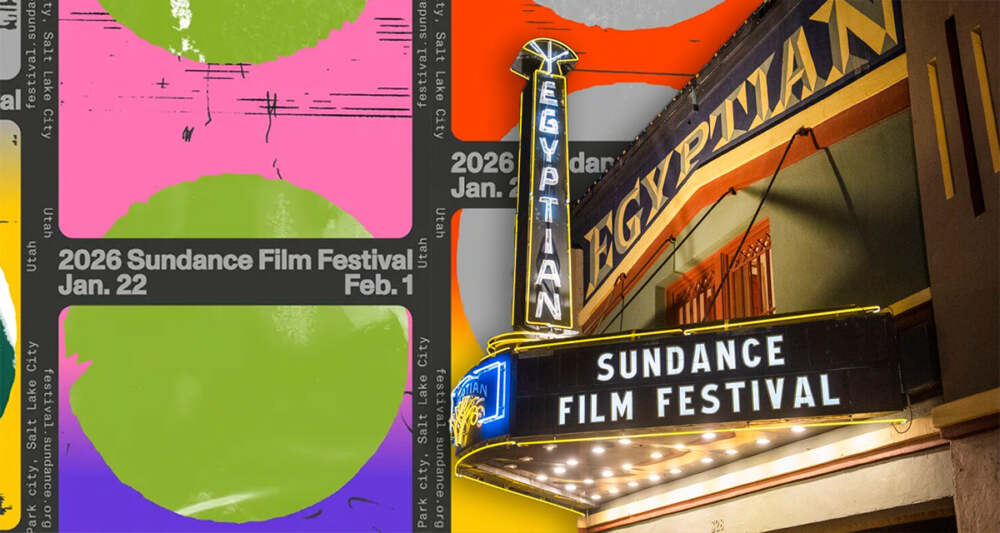
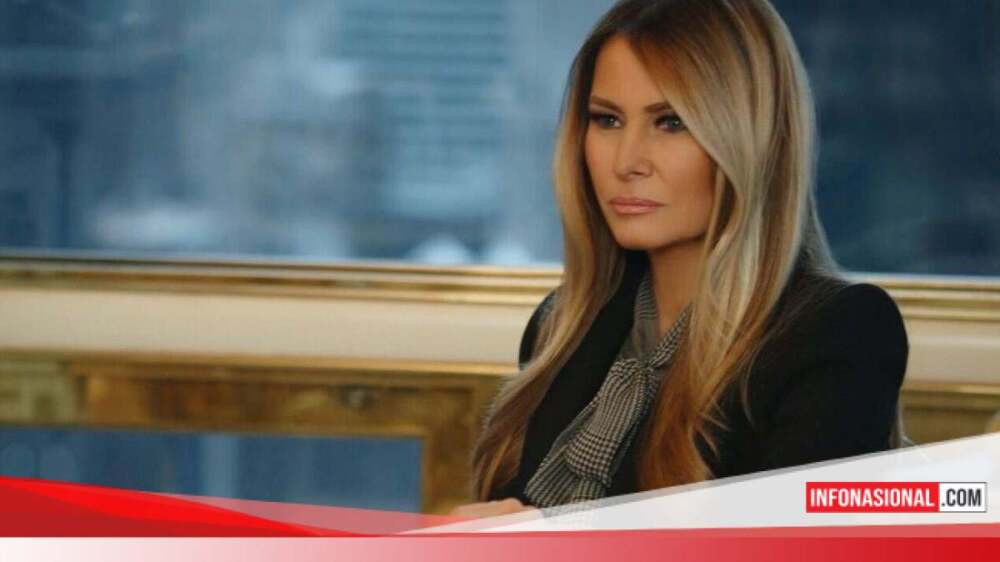
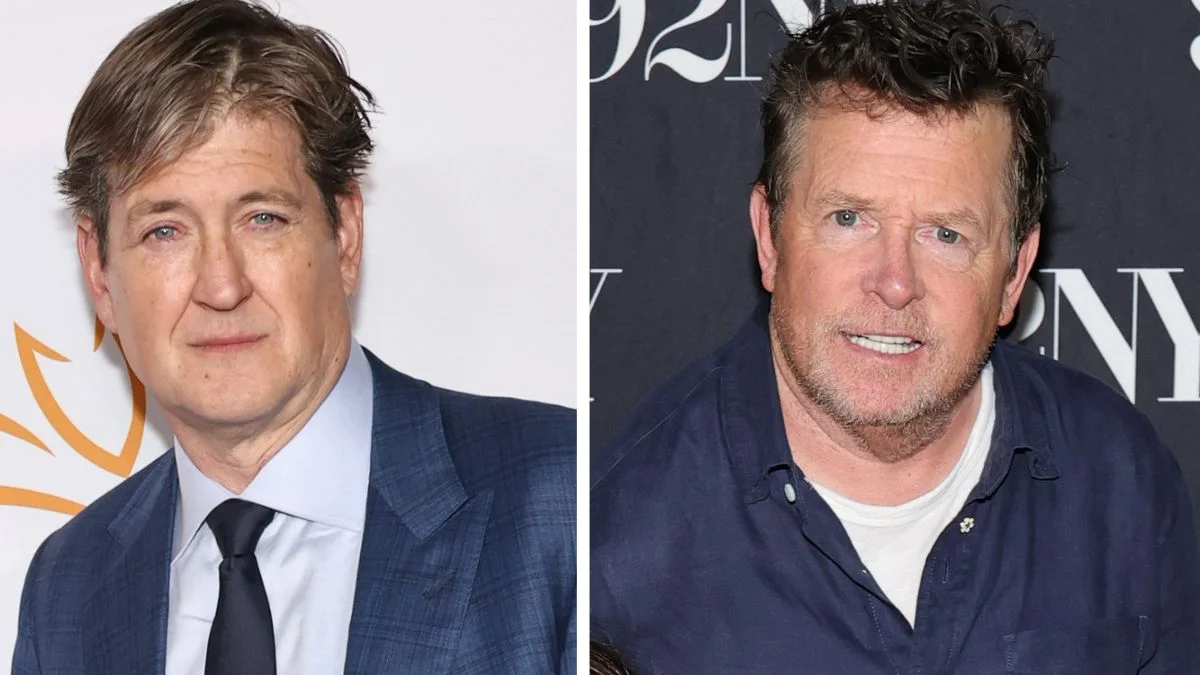


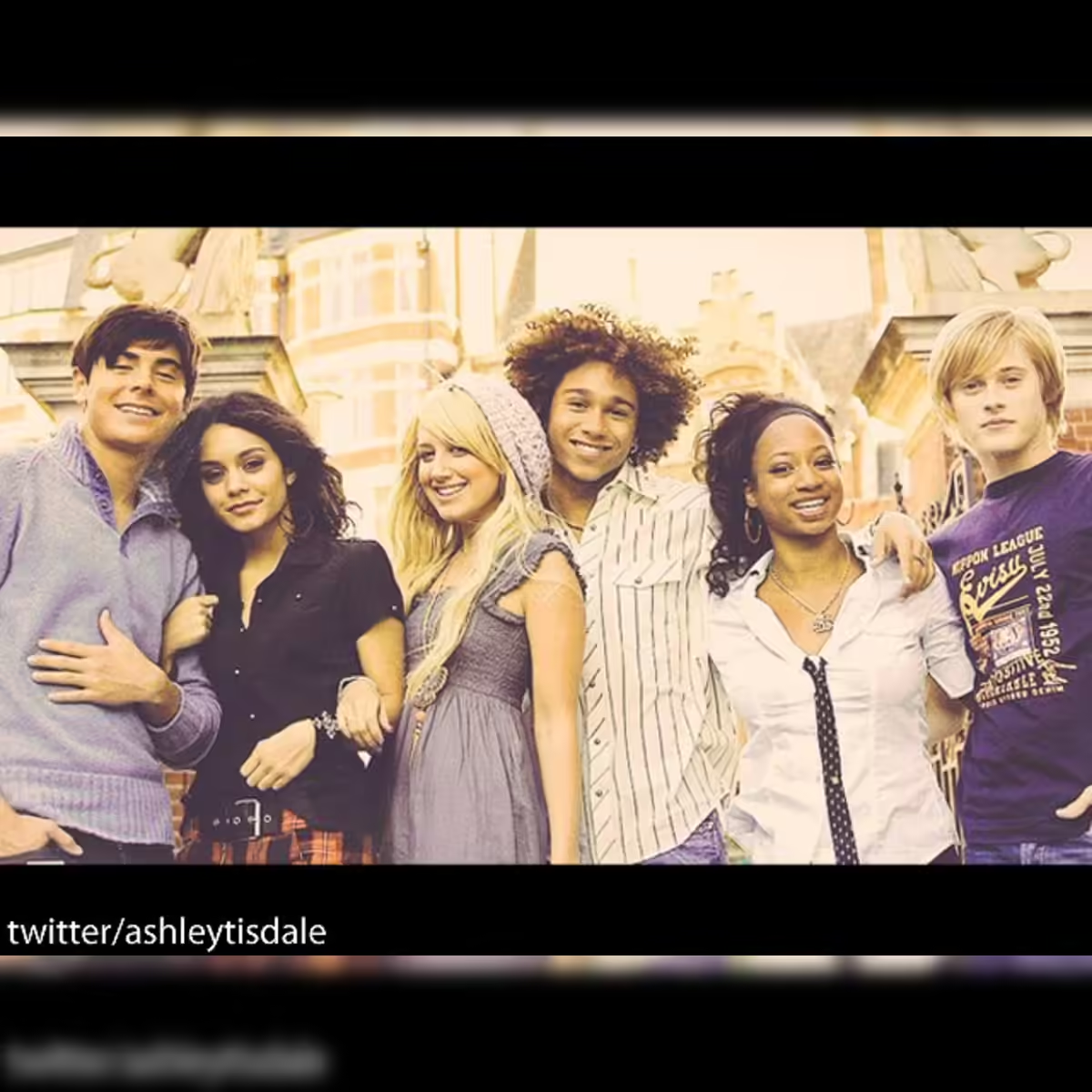



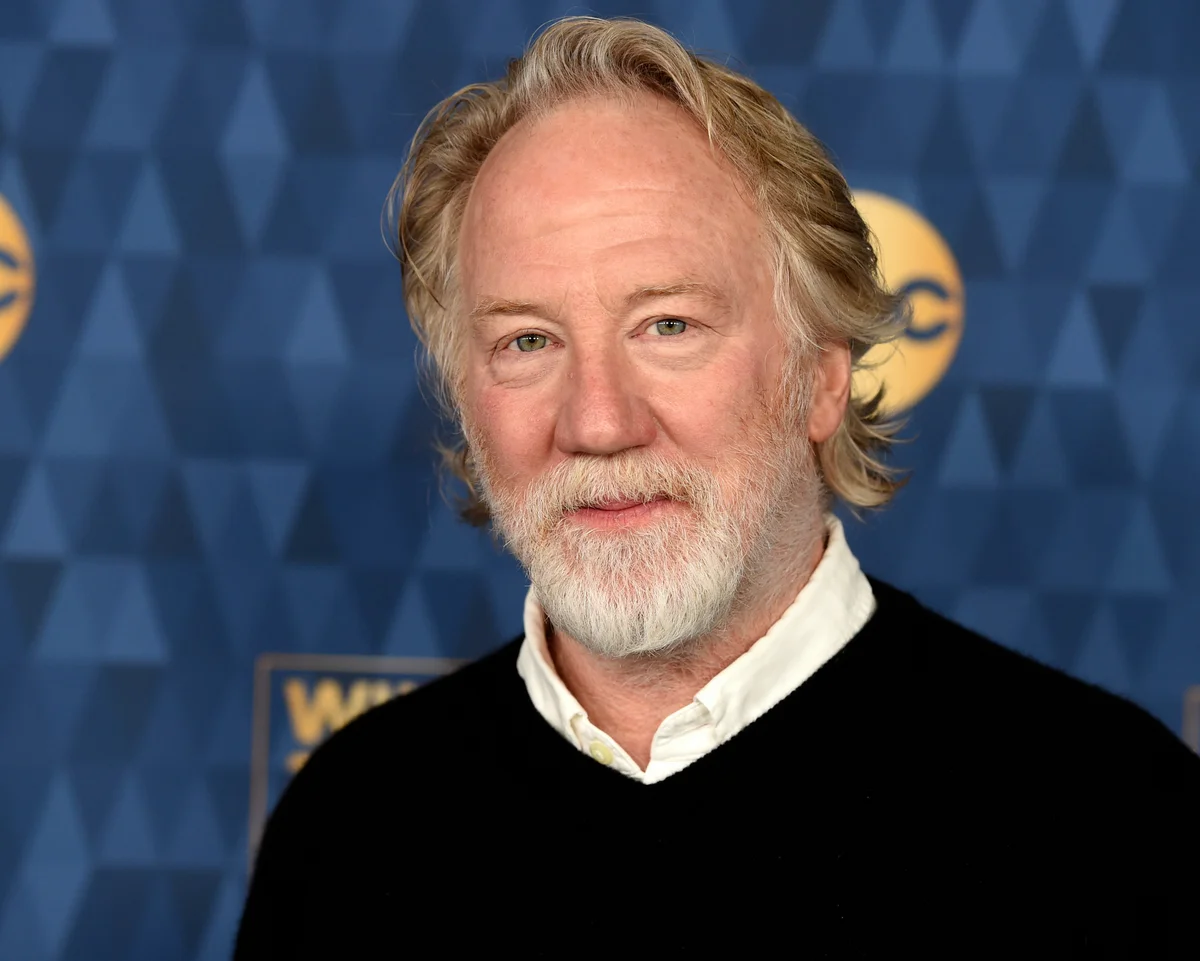




Leave a Reply